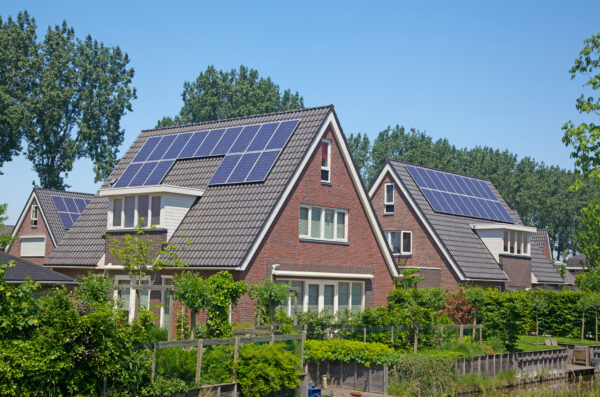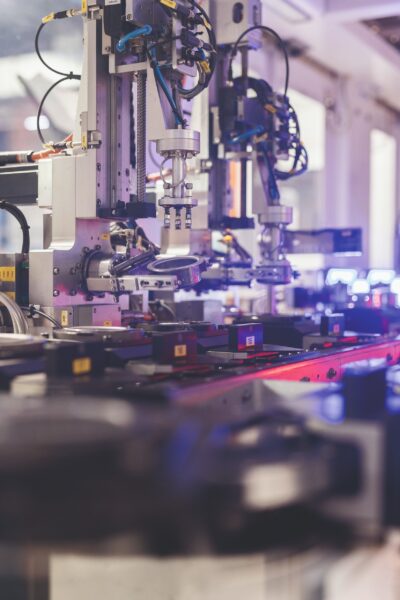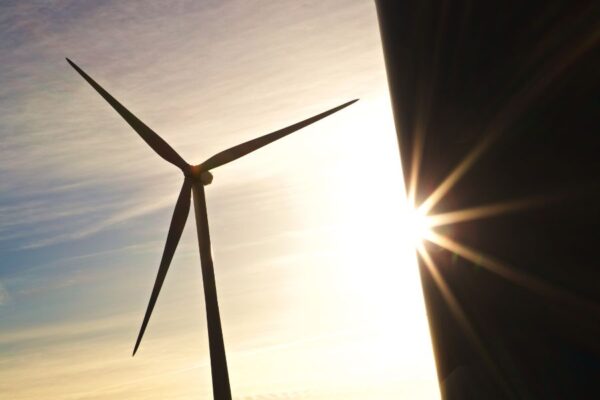Update to model and assumptions
Changes to the aluminium business
In January, Metlen announced a final investment decision (FID) confirming a €295.5m
investment in a new production line for bauxite, alumina and gallium. This production
line within its ‘Aluminium of Greece’ plant will produce 2Mtpa of bauxite, 1.265Mtpa
of alumina (up from 0.865Mtpa) and 50tpa of gallium. The investment will require the
development of new bauxite deposits, expansion and modernisation of the alumina plant,
power infrastructure and port expansion and upgrades. All three materials are included
in the European Union’s list of critical raw materials, and the production of gallium
for the first time creates a new source of European production and enables the displacement
of European imports. Gallium is critical for various applications including integrated
circuits, LED production and permanent magnets. Bauxite and alumina production is
scheduled for 2026, with gallium production commencing in 2027 and in full-scale operation
by 2028.
In February, Metlen announced that it has entered into two long-term strategic agreements
with Rio Tinto for the supply of bauxite to support its alumina plant expansion from
0.865Mtpa to 1.265Mtpa. Two agreements were signed, namely:
- A bauxite supply agreement where Rio Tinto will supply approximately 14.9Mt of bauxite
from the CBG mine in Guinea over an 11-year period (2027–37). This will supplement
Metlen’s own production in the local mines.
- An alumina offtake agreement where Metlen will supply Rio Tinto with 3.9Mt of alumina,
sourced from its expanded Agios Nikolaos refinery over an eight-year period (2027–34),
with an optional three-year extension (2035–37).
We have incorporated both the gallium production and expanded alumina production into
our model.
We have raised our 2026 aluminium price forecast slightly from $2,510/t to $2,551/t
to reflect the forward curve, and raised our European natural gas price assumption
from €35/MWh to €40/MWh to reflect strength in the market in the year-to-date. Our
longer-term price assumptions for commodities and currencies remain unchanged. We
have trimmed our 2025 estimates slightly to reflect higher electricity prices flowing
through from Metlen’s energy business.
Defence metallurgy, infrastructure and circular metals
In March, Metlen announced that it had signed a memorandum of understanding to collaborate
with Iveco Defence Vehicles for the renewal of the existing fleet of protected and
unprotected military trucks of the three branches of the Hellenic Armed Forces. Metlen
recently announced an expanded defence hub in Volos, and will leverage its expertise
in complex metal constructions, including armour welding for advanced military vehicles.
This collaboration is part of a broader European effort to strengthen defence autonomy.
At its CMD, Metlen gave the explicit medium-term targets for defence metallurgy mentioned
above (medium-term EBITDA target of €130–170m/year, up from €15m currently). We have
allowed for €120m/year in EBITDA by 2029, allowing for some acceleration in our estimates
as these plans become more concrete.
In infrastructure and concessions, Metlen’s specific medium-term target is a tripling
of EBITDA from €50m (in 2024) to €150m. We have allowed for EBITDA to more than double
to €110m by 2029, with Metlen’s target representing additional upside to our medium-term
estimates as the certainty of this pipeline improves.
Metlen’s circular metals initiative, described above, is at a relatively early stage
in our view, with additional detail required concerning commercialisation and the
mitigation of technical risk factors. We have yet to incorporate the key medium-term
targets (510kt/year across multiple products, medium-term EBITDA of approximately
€220m/year and a planned investment of €0.5bn) into our model and valuation, so this
entire initiative (including the existing Sindos plant, which will be upgraded) remains
a potential upside to our valuation as further details are provided.
Effect of tariffs
At present, we see no reason to adjust our earnings forecasts for Metlen to reflect
either the volatility in equity markets or fundamental drivers of earnings as a result
of global trade uncertainties. While global economic growth is a risk to global commodity
prices, Metlen’s business is based in Europe, and it has zero direct commodity trade
with the US.
Commodities, by their nature, are highly fungible and able to be redirected to alternate
markets, so import tariffs on aluminium are likely either to be paid by US consumers
or to result in the redirection of metal imported into the US towards other markets.
Aluminium producers can simply deliver their product into a London Metal Exchange
warehouse rather than paying a tariff. This redirection could have an impact on regional
premia (ie the market specific difference to exchange prices) if metal is directed
towards Europe, but ultimately demand in the US will need to be met, and as such any
negative impacts on European premia are likely to be transient and US consumers would
bear the cost of meeting these additional tariff costs. This could see some relocation
of semi-manufacturing away from the US, although this is likely to take some time
and, in the current volatile policy environment, the effects of this on end-use demand
are unpredictable.
Metlen’s renewables business is based principally in Europe, where the structural
need for diversifying energy generation is the core driver. Metlen is active in gas
trading in Europe, but here trends are driven by actual, rather than trade, wars and
Metlen has shown an ability to generate profits through the gas price cycle due to
its highly competitive generating assets and strength in regional gas trading.
































